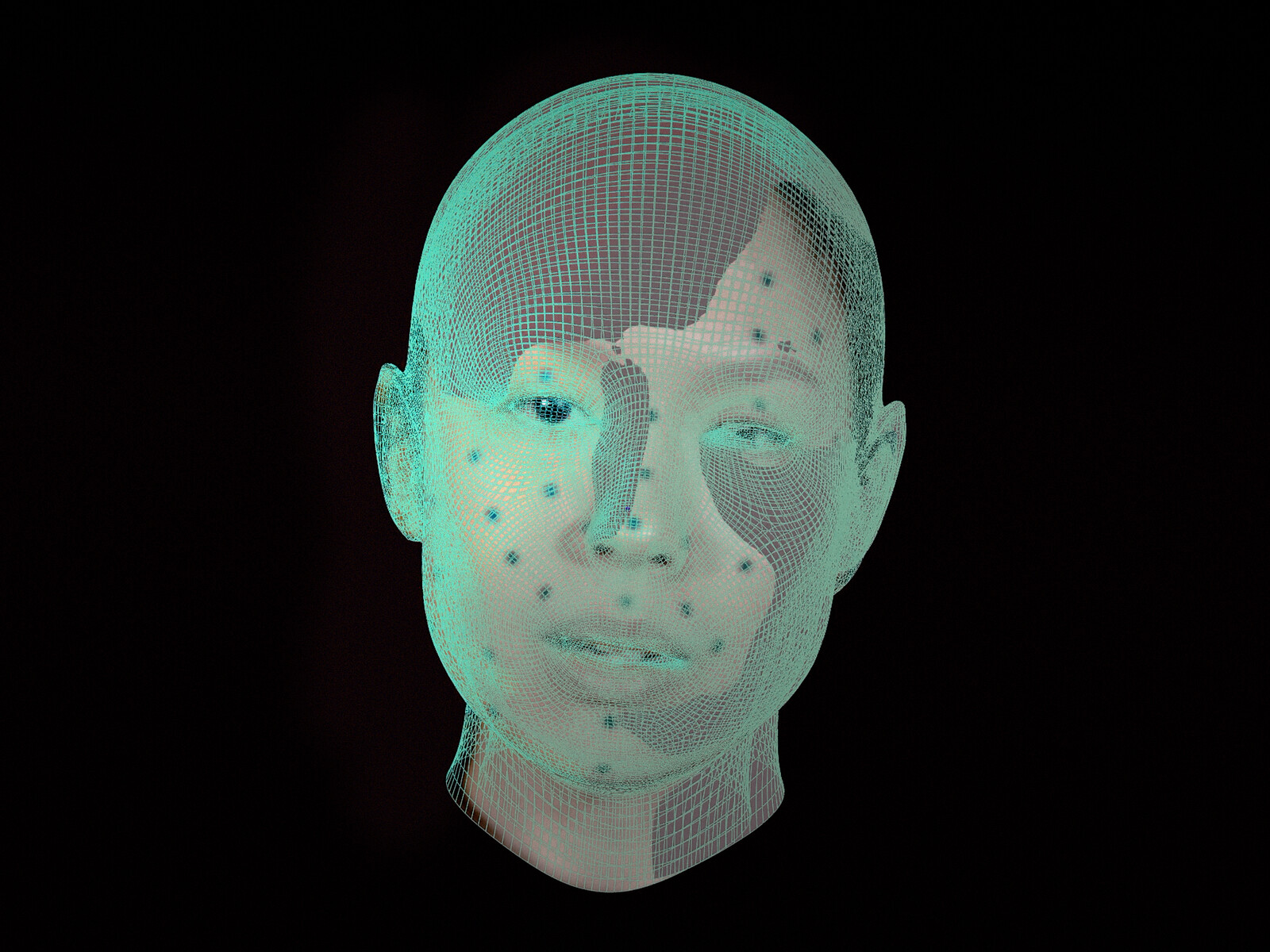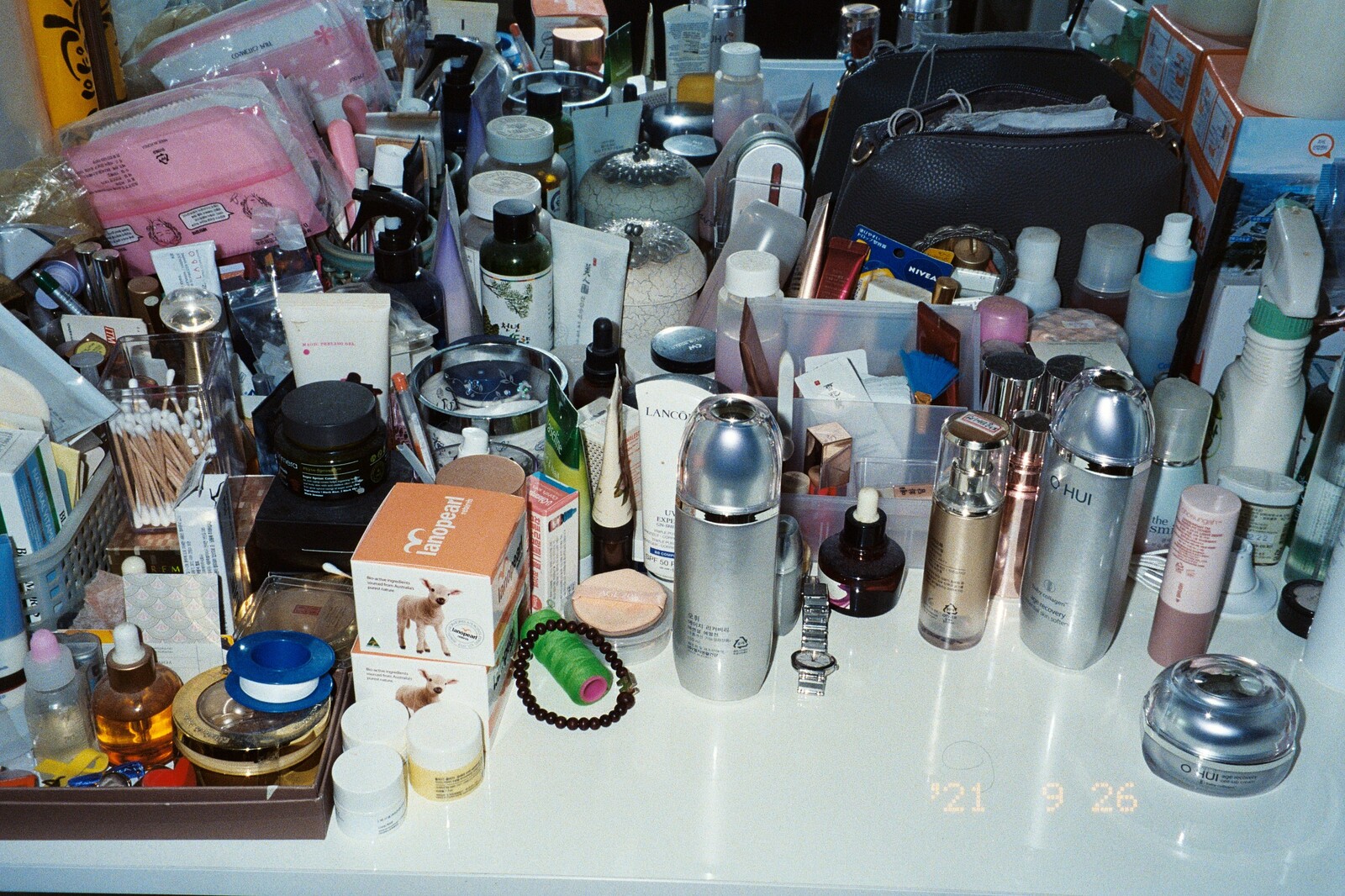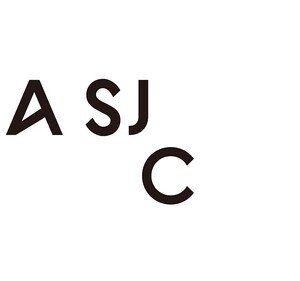Interweaving Poetic Code
October 14–December 12, 2021
87 Yulgok-ro 3-gil, Jongno-gu
03062 Seoul
South Korea
Hours: Tuesday–Sunday 12–7pm
T +82 2 733 8949
F +82 2 733 8377
artsonje.press@gmail.com
Transposition
Artists: Musquiqui Chihying, Kate Cooper, COOL Magazine, Eusung Lee, Wunggyu Park
“Transposition” is a term borrowed from both music and genetics, where it refers to a state in which a certain boundary is crossed. It is also the title of a 2006 book, Transpositions: On Nomadic Ethics, by Rosi Braidotti, who emphasizes possibilities for mobility and mutual reference. “Transposition” means a leap from one code, field, or axis toward another code, field, or axis—creating complex and discrete changes through radical leaps, which result in rich modulations (in music) and mutations (in genetics). It has been used to underscore the experience of creative insights in the visual arts, which give rise to different ways of knowing.
In this exhibition, “transposition” centers on the transpositional representation of the human and non-human body. It shares works that use transpositional methods to capture interpretations on the body with its traits and limitations, trans-human metamorphosis into human bodies, and critical perspectives on phenomena in which skin color or gender are used as a basis for discriminatory perception. The adoption of the body as a key perspective is meant in part to draw renewed attention to issues of representation and recognition based on ethnicity and gender. But another factor amplifying interest has been the physical vulnerability and interconnectedness of bodies revealed to us through the COVID-19 pandemic.
Over the past three to four years, Art Sonje Center has presented exhibitions such as The Island of the Colorblind (2019), Koki Tanaka: Vulnerable Histories (A Road Movie) (2020), and Dust Clay Stone (2020), using images of ecological crisis and societal conflict to pose the question of how can we live together. Rooted in a sense of concern about the internal divisions in various categories that have been heightened by the pandemic, Transposition focuses on methods of practice in artistic form and content that relate to prevailing value systems—including racism, gender-based discrimination, and the dogma of scientific reason.
Organized by Art Sonje Center
Curated by Haeju Kim (Deputy Director, Art Sonje Center)
Exhibition management by Hyo Gyoung Jeon (Curator, Art Sonje Center)
Supported by Embassy of the Kingdom of the Netherlands
In collaboration with Han Nefkens Foundation
Interweaving Poetic Code
Artists: Taeyoon Choi and collaborators
Warp and weft, knit and purl, zero and one: the history of textile and code are closely related. Interweaving Poetic Code, held at Art Sonje Center from October 14th to December 12th, builds on an initial exhibition of the same name held at CHAT (Center for Heritage, Arts and Textile) in Hong Kong earlier this year, from May through August. Where the original exhibition focused on the interrelationship between textile, code, and poetry, the Seoul exhibition expands its scope to include further considerations of technology, community, and the environment, using works by Taeyoon Choi, collaborations with other artists, and material from various community-driven projects to create a space that centers the concept and practice of care.
In the exhibition, Taeyoon Choi’s Handmade Computer series uses the fundamentals of electronic circuits and binary systems to shift our conception of the computer from a mass produced industrial product to a tool for proactive, creative, individual expression. FUTURE PROOF, made in collaboration with Berlin-based sound artist Christine Sun Kim, presents future technologies and ethical guidelines desired by the Deaf community. An ongoing international collaboration that explores the idea of a local P2P (Peer to Peer) Web, Distributed Web of Care conceptualizes the internet as a garden of imaginary lichen-like lifeforms, approaching the relationships between people, living things, and non-living things from that perspective. Meanwhile, paintings, drawings, and writings by Choi interwoven throughout serve as a kind of connective tissue of care.
In this exhibition, Choi refracts the interplay between coding, textiles, and poetry through the lens of care, bringing everything into the sphere of social practice. “Care,” here, stands in contrast to “cure,” as modeled by the medical industrial complex. It is an ecosystem of mutual support created through communication, contemplation, understanding, engagement, action, and accountability, one that has primarily been shaped by disabled, queer, BIPOC (Black, Indigenous, People of Color), low-income, and undocumented communities who cannot rely on the state for support. These discussions, in turn, lead to questions like: How might technologies designed to control and regulate be transformed into positive technologies of care? How can we critically pursue the technologies needed to preserve the earth for future generations without building on further exploitation? And in this time of rapid change, how might we harness the essential role of coding in contemporary life to best weave together past, present, and future? Interweaving Poetic Code invites visitors into a poetic experience of these and other questions, an opportunity to think and feel through a simultaneity of code and textile and care.
Interweaving Poetic Code features artistic collaboration by Taeyoon Choi and Allison Parrish, Cezar Mocan, Christine Sun Kim, Companion–Platform, Cori Kresge, Ebenezer School & Home for the Visually Impaired, Everest Pipkin, Filip Wolak, Jerron Herman, Jessica Lynne, Ji Hye Chung, Jonathan Dahan, Mark Allen, Minhwi Lee, Nick Montfort, Sub9, Ye Seom Ahn, Yehwan Song and more. Interweaving Poetic Code in Seoul is made by Takahashi Mizuki, Haeju Kim, Jaemin Shin, Yena Yoo, Yujin Jeong, Maya West, Bohyun Jung, Ikkyun Shin, Small Studio Semi, Soyoung Lee and more.
Co-organized by Art Sonje Center, CHAT (Centre for Heritage, Arts and Textile)
Supported by Arts Council Korea





